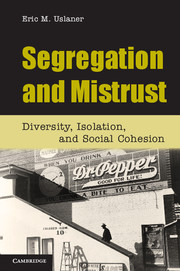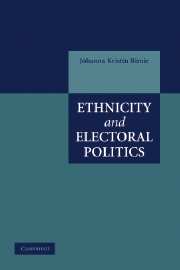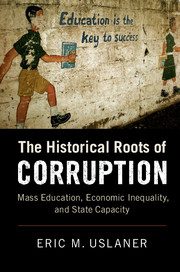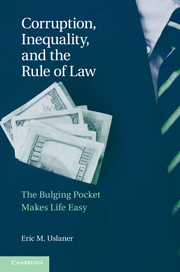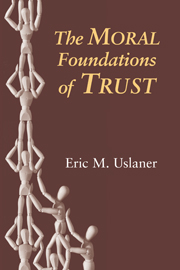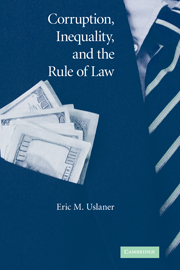Segregation and Mistrust
Generalized trust – faith in people you don't know who are likely to be different from you – is a value that leads to many positive outcomes for a society. Yet some scholars now argue that trust is lower when we are surrounded by people who are different from us. Eric M. Uslaner challenges this view and argues that residential segregation, rather than diversity, leads to lower levels of trust. Integrated and diverse neighborhoods will lead to higher levels of trust, but only if people also have diverse social networks. Professor Uslaner examines the theoretical and measurement differences between segregation and diversity and summarizes results on how integrated neighborhoods with diverse social networks increase trust in the United States, Canada, the United Kingdom, Sweden, and Australia and how they increase altruism toward people of different backgrounds in the United States and the United Kingdom. He also shows how different immigration and integration policies toward minorities shape both social ties and trust.
- Argues that segregation, not diversity, leads to less trust and altruistic deeds
- Includes studies of the USA, Canada, the UK, Sweden and Australia
- Demonstrates how different immigration and integration policies toward minorities shape both social ties and trust
Reviews & endorsements
“In an area that has generated more heat than light, Uslaner provides piercing insights and a masterly overview of a complex and sprawling literature.” – Miles Hewstone, Professor of Social Psychology, University of Oxford
“How can we build trust in societies that are inexorably becoming more diverse? Crunching data from five nations – Australia, Canada, Sweden, the UK, and the US – Eric Uslaner argues that governments that want to boost trust must reduce segregation. Thoroughly researched and provocatively written, this book makes a major contribution to our understanding of one of the biggest issues of our age. Its breadth of empirical analysis and depth of scholarship make it vital reading for policy makers and scholars everywhere.” – Dr Andrew Leigh MP, Parliament of Australia
“Segregation and Mistrust is an unusually important book for both social science and social policy. Uslaner emphasizes the critical role of group segregation. And he emphatically answers the widely publicized claim that diversity inevitably leads to mistrust and prejudice. With data from five nations, Uslaner emphasizes the critical role of segregation.” – Thomas Pettigrew, University of California, Santa Cruz
Product details
October 2012Adobe eBook Reader
9781139785532
0 pages
0kg
44 b/w illus. 9 tables
This ISBN is for an eBook version which is distributed on our behalf by a third party.
Table of Contents
- Preface
- 1. Trust, diversity, and segregation
- 2. Contact, diversity, and segregation
- 3. Building trust in a segregated society: the United States
- 4. Canada: trust, integration, and the search for identity
- 5. The United Kingdom: sleepwalking or wide awake?
- 6. Sweden and Australia: newer immigrants, trust, and multiculturalism
- 7. Altruism and segregation
- 8. Where you sit depends on where you stand
- 9. The farmer's daughter and intergroup contact.

